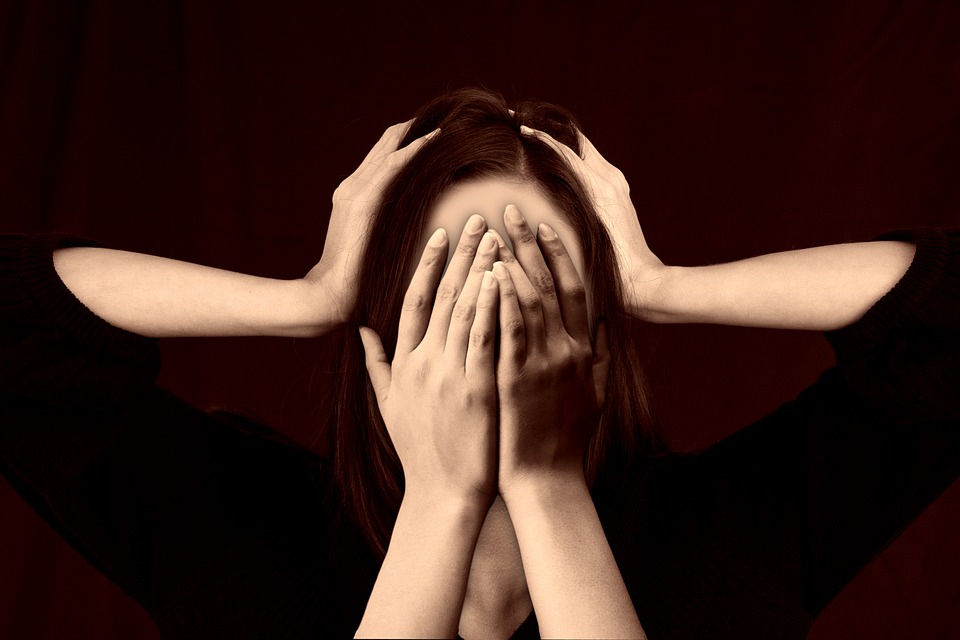According to Brain Injury Canada, 160 000 Canadians sustain a brain injury each year. While the symptoms of a concussion traditionally abate after four to six weeks, approximately 30% of patients have symptoms that persist longer. That’s a lot of people suffering for a long period of time.
Concussions and other neurological injuries are known in the healthcare industry as ‘invisible injuries’. They can’t be cured with a cast, or sling, or antibiotics. Even with the right precautions and treatment after an injury, symptoms can persist for months at a time, with some patients not feeling themselves for up to a year.
The nature and short and long term effects of concussions are still not completely understood by doctors and scientists. In order to minimize the long term effects and symptoms as much as possible, it’s necessary to have a recovery plan in place for anyone suffering from a concussion, whether mild or severe.
Causes and Symptoms of a Concussion
Concussions are caused when a force causes the brain to move rapidly within the skull. This could be in the form of a directly blow to the head (like a boxer being punched), a rapid shake in the neck (like whiplash or a car accident), or an indirect blow, such as falling hard on your behind and the force transmitting to your brain and skull.
Concussions are difficult to treat because of the variety of symptoms that patients exhibit afterwards. It may not be obvious that someone has a concussion, particularly if they did not suffer a direct blow to the head and may not associate another injury with the risk of a concussion.
In some cases, the patient may lose consciousness briefly, although this does not typically happen. If someone goes unconscious, it is extremely likely they have a concussion and being “out cold” for a minute or longer means they may have sustained severe brain injuries.
The more common symptoms of a concussion are a headache, confusion, and disorientation immediately after the injury. Following the injury, a patient may experience:
- Decreased attention span
- Difficulty concentrating
- Memory problems
- Difficulties with balance and coordination
- Feeling “dazed”
- Blurred vision
- Fatigue
- Light sensitivity
- Irritability or overly emotional
- Neck pain
- Difficulty sleeping / sleeping more than usual
As you can see, these symptoms are vague and are often the symptoms of other conditions, like migraines, headaches, stress, sleeplessness, flus or colds, or even more severe neurological conditions.
Diagnosing a Concussion
In situations where the patient experienced a clear blow to the head or whiplash, such as in a sports injury, a fall, or a car accident, diagnosing a concussion is straightforward. However, if the patient didn’t experience an obvious trauma in a direct way or aren’t exhibiting symptoms, it can be more difficult and often overlooked. Diagnosing a concussion is absolutely imperative to ensuring a patient has a proper recovery.
Because a concussion isn’t a structural injury to the brain, CT scans and MRIs are not helpful in diagnosis. They will typically appear normal even when a patient is suffering from a concussion. They, along with x-rays, can be helpful in determining if there is another brain injury, however.
The best way to diagnose a concussion is with a thorough physical and neurological evaluation, including tests for strength, nerves, reflexes, cognitive questions, and motor functions. If these are normal, the patient likely does not have a concussion. If there are inconsistencies, a concussion recovery plan will be put in place.
Concussion Recovery Guidelines
For a successful concussion recovery, a patient needs to be have a support system in place to ensure that symptoms do not worsen and they can return back to their regular level of functioning under supervision. Recommendations include:
- No strenuous physical activity – complete cognitive and physical rest
- Avoid alcohol and drugs
- Only use over-the-counter pain medication if recommended by a doctor
- Avoiding staring at screens for too long to rest your eyes
Recovery under supervision of a healthcare team is key for ensuring your symptoms are monitored and there is a support system in place if symptoms worsen. This is where physiotherapists are a key component.
The Ontario Neurotrauma Foundation set guidelines for concussion recovery, which includes having access to a physician, regular assessments, and therapies from licensed bodies. Physiotherapists work as part of the healthcare recovery team to ensure a total physical recovery from a concussion. A variety of issues can occur after a concussion that are indirectly related. These include issues with flexibility and muscle tone if an athlete has stopped rigorous exercise, or depression if someone feels isolated after an injury. Physiotherapy can help identify and work to alleviate issues such as these with your recovery team.
Physio Art Physiotherapists as Part of Your Recovery
As a registered Hamilton physiotherapy clinic, the professionals at Physio Art can work as part of your healthcare team to help you recover after a concussion. Everyone experiences symptoms differently and has a unique recovery, but each patient deserves compassion and understanding while they recover.
Our physiotherapist can work with your healthcare team to create or follow and overall healthcare recovery plan after a concussion. We will work to ensure that your physical wellbeing doesn’t suffer while you recover and can help pinpoint any issues that may arise.
Contact Physio Art today for more information about how we can help with physiotherapy for concussions. We’re here to help!





